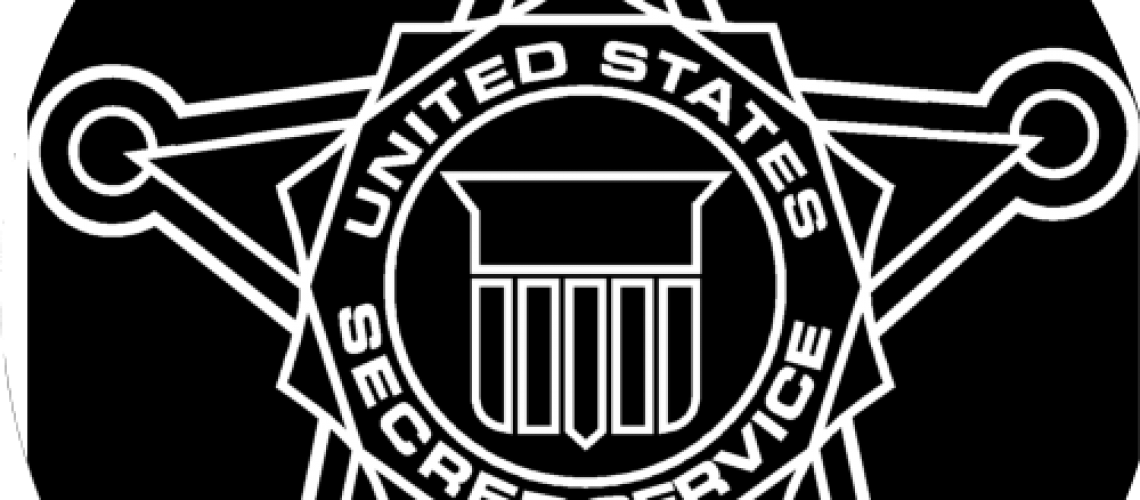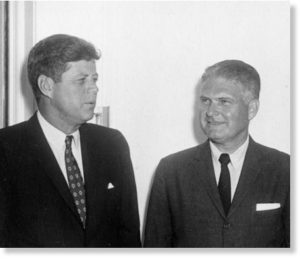By William Kelly (CAPA Board member)
In his March Sunshine Week presentation at the National Press Club, Federal Judge John Tunheim called attention to the “Secret Service Threat Sheets for 1963” that the Assassinations Records Review Board (ARRB) requested but the Secret Service wanted to keep secret. The former ARRB chairman said: “Actually, the Secret Service was probably the most difficult agency. They were the only one that tried to reclassify material after we took office to keep the information away from us. And it wasn’t information that was all that important.”

“They fought us on the Threat Sheets,” said Tunheim (shown in a photo by Noel St. John), “and they would be important since the President was assassinated that fall, so the Threat Sheets would be relevant, but they fought us on threat. And I’m not sure as to what actually happened there, because it was after we left office.”
It was quite common for the various agencies seeking to keep records secret to continue to withhold them until after the Review Board was out of business, even though they were required to sign off on a sworn statement agreeing to continue to turn over assassination records to the National Archives after the Review Board had ceased to exist.
Indeed, the Threat Sheets for 1963 would be important, and they most certainly are relevant to the assassination, should be in the JFK Collection at the National Archives and if still secret they should be released in October.
The Threat Sheets should give us some more information on John Martin as well as the suspects in threats made against the president in Chicago and Tampa in the weeks leading up to the assassination that Blaine was made aware of. When former Secret Service Agent Abraham Bolden, who investigated the Chicago threats, called attention to the fact that the Secret Service had intentionally destroyed the Tampa Advance Reports, Blaine noted in his book that he wrote the Tampa Advance Reports and still had copy in a box under his bed. With that the NARA contacted Blaine and obtained the reports, copies of which were intentionally destroyed by the Secret Service to keep them from the ARRB and the JFK Collection.
On my request to the National Archives as to the current status of the Secret Service “Threat Sheets” referred to by Judge Tunheim, I received the following reply from Martha Murphy (NARA’s JFK documents expert): “We were able to verify that we have summaries of USSS records, commonly referred to as “threat sheets,”, in our protected collection. These 400+ pages have been referred to USSS for review. These pages will be released no later than the October deadline unless the USSS files an appeal and the President upholds that appeal.”
Excerpted from The Significance of the Still-Secret Secret Service ‘Threat Sheets,’ published on JFKcountercoup on April 24, 2017.
President John F. Kennedy with Secret Service Director James Rowley in 1963


